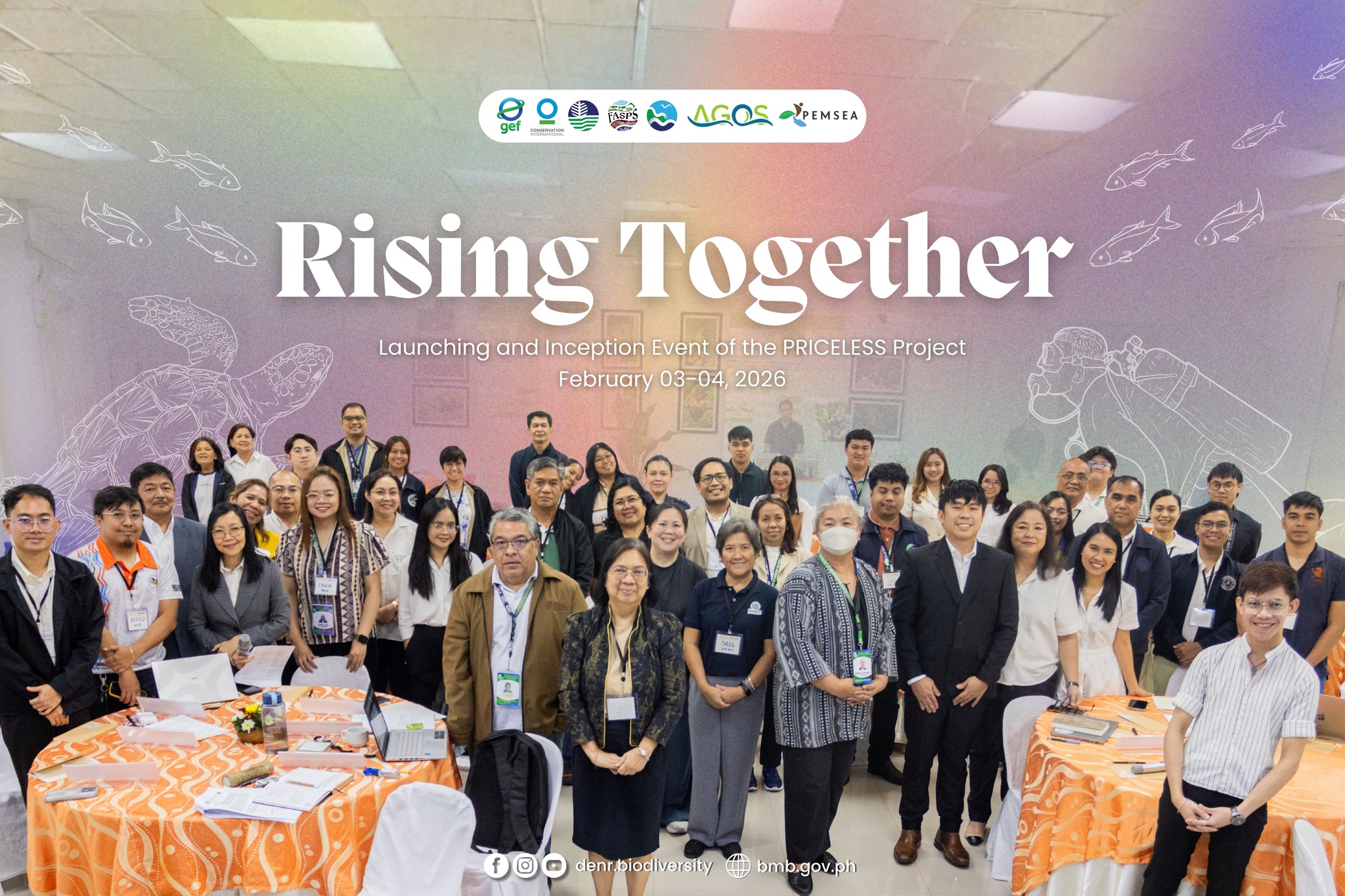Training Programme for Regional Ocean Governance
Saturday, 21 January 2012

The 5-week Training Programme (formerly the Training Programme on Regional Ocean Governance for Mediterranean and Eastern European Countries) was successfully organised in Malta for the seventh consecutive year in November-December 2011.
The change in course title from previous programmes was made to more accurately reflect the aims of the course and to ensure effective focus of the group and faculty on the issues of governance of the regional seas and of the countries bordering their shores.
The IOI continues to build upon the more than 30 years experience in conducting training and capacity building programmes in ocean governance and the Programme offered in Malta focuses on the governance of the Mediterranean, Black, Baltic and Caspian Seas through inter-regional comparisons and experiences, and promotion of exchanges between participants from countries surrounding these seas with their diversity of experiences and realities.
The latest training programme was attended by 17 participants from 10 countries surrounding the regional seas – Albania, Azerbaijan, Egypt, IR Iran, Malta, Montenegro, Romania, Russia, Turkey and Ukraine, as well as observers from Portugal, China and Thailand – having different experiences and backgrounds in marine-related management, science, operational and policy undertakings. The faculty was composed of a diverse selection of experts in topical matters coming from leading institutions and organisations working on regional seas issues from countries around the areas under study.
As well as traditional lectures, the course programme included field trips and a number of hands-on projects where the participants were expected to apply their knowledge to specific scenarios. Simulation sessions, role playing games in maritime spatial planning and mock-ministerial meetings all allowed the class to use their new knowledge and experience the multidisciplinary approach to decision making in marine and maritime matters.
The essence of the course were the sessions dedicated to the participants’ preparation of regional ocean policy frameworks by the Mediterranean, Black, Caspian and Baltic Seas groups based upon the information made available in the lectures and field visits held throughout the course. The knowledge gained was put to practical application in the theoretical solution of an issue or issues relevant to the Regional Seas and to build upon the concept of national, regional and inter-regional policy development for a shared, integrated and common approach to ocean management.
During the training course specialised sessions were provided on Maritime Spatial Planning (supported by the Lighthouse Foundation) and Migration as a Response to Environmental Changes and Vulnerability Assessment and Disaster Risk (supported by the United Nations University, Institute for Environment and Human Security).
The organisers would like to thank the Ocean Science and Research Foundation, the Lighthouse Foundation, the International Maritime Organisation, the German Academic Exchange service (DAAD), IOC/UNESCO, the United Nations University/EHS, and the Special unit for South-South Cooperation/UNDP for sponsorships, support of the course and contributing towards its success.




